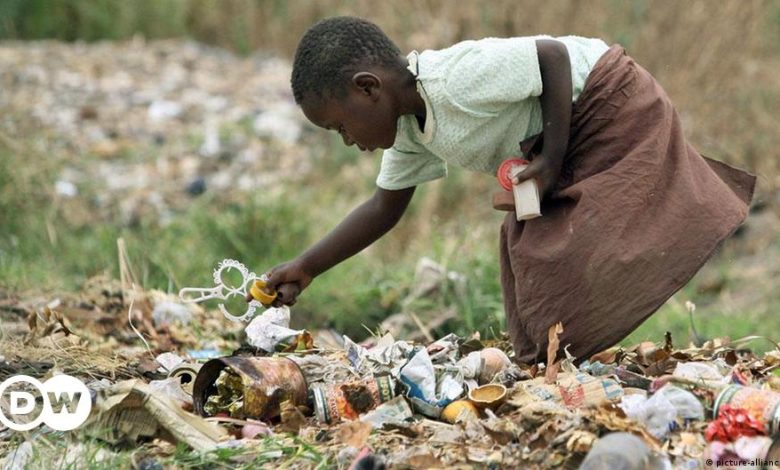Period Poverty in Canada: Understanding the Scope of the Problem
Period Poverty in Canada: Understanding the Scope of the Problem

Period poverty is a pressing issue that affects millions of people around the world, including right here in Canada. It refers to the lack of access to menstrual hygiene products due to financial constraints. This issue, which often goes unnoticed, can have serious implications for individuals’ health, well-being, and overall quality of life. In this blog post, we will delve into the scope of period poverty in Canada and explore the efforts of non profit organizations working tirelessly to address this crisis.
The Hidden Struggle
Imagine being unable to afford something as basic as tampons or sanitary pads. For many Canadians, this is not a hypothetical scenario but a daily reality. Period poverty is a silent struggle that primarily affects those living on a low income, including homeless individuals, students, and marginalized communities. These people are often forced to choose between buying menstrual products and meeting other essential needs like food and shelter.
The High Cost of Menstruation
Menstrual hygiene products are not a luxury; they are a necessity. However, their cost can add up quickly, especially for those facing financial hardship. According to a study by Plan International Canada, over one-third of Canadian women under the age of 25 have struggled to afford menstrual products. The financial burden of menstruation extends beyond the products themselves; it includes pain relief medication, doctor’s appointments, and lost wages due to missed work or school days.
The Impact on Health and Education
Period poverty has far-reaching consequences for both physical and mental health. When individuals cannot access or afford menstrual products, they resort to using makeshift alternatives like toilet paper or old rags, which can lead to infections and other health complications. Additionally, the stigma and shame associated with period poverty can take a toll on one’s mental well-being.
Furthermore, period poverty can hinder educational opportunities. Many students, particularly young girls, miss school during their periods because they lack access to proper products. This disruption in education can have long-term effects on their academic performance and future prospects.
The Role of Non-Profit Organizations
Non-profit organizations play a pivotal role in addressing period poverty in Canada. These organizations are dedicated to providing menstrual hygiene products to those in need, raising awareness about the issue, and advocating for policy changes to make these products more accessible. One such organization is “Menstrual Matters,” a non-profit committed to eradicating period poverty in Canada.
Menstrual Matters works tirelessly to distribute free menstrual products to schools, shelters, and communities across the country. By partnering with businesses, individuals, and government agencies, they strive to ensure that no one has to choose between their basic needs and menstrual hygiene. Through their efforts, they are not only alleviating the immediate hardships caused by period poverty but also addressing the underlying issues that perpetuate it.
Breaking the Stigma
In addition to providing essential products, non-profit organizations like Menstrual Matters are working to break the stigma surrounding menstruation. Periods are a natural and essential part of life, yet they are often shrouded in secrecy and shame. By initiating conversations and education campaigns, these organizations are empowering people to embrace their bodies and speak out against the discrimination and stigma associated with menstruation.
Policy Advocacy
Non-profit organizations are also actively engaged in advocating for policy changes that can have a profound impact on addressing period poverty. One such policy is the removal of the Goods and Services Tax (GST) on menstrual products. In Canada, menstrual products are still considered a “luxury” item and are subject to taxation. Non-profit organizations, along with activists and lawmakers, are pushing for the removal of this tax to make menstrual products more affordable and accessible to all Canadians.
How You Can Help
If you’re wondering how you can contribute to the fight against period poverty in Canada, there are several ways to get involved:
Donate: Non-profit organizations rely on donations to fund their initiatives. Consider donating funds, menstrual products, or your time to organizations like Menstrual Matters.
Advocate: Support policy changes that can make menstrual products more affordable and accessible. Write to your local representatives and raise awareness about the issue in your community.
Educate: Break the silence surrounding menstruation by educating yourself and others. Encourage open and honest conversations about periods to help eliminate stigma.
Volunteer: Many non-profit organizations are looking for volunteers to assist with their distribution efforts. Your time and energy can make a significant difference.
Conclusion
Period poverty in Canada is a widespread issue that affects the health, education, and dignity of countless individuals. Non-profit organizations like Menstrual Matters are working tirelessly to provide essential products, challenge stigma, and advocate for policy changes. By supporting these organizations and taking action in your own community, you can contribute to the fight against period poverty. Together, we can ensure that no one in Canada has to endure the hardships of period poverty. Visit here to a related post and learn more about how you can make a difference in the lives of those affected by this silent crisis.



